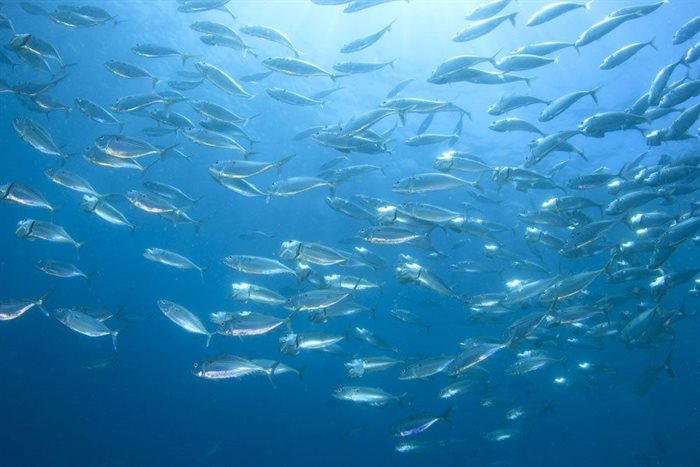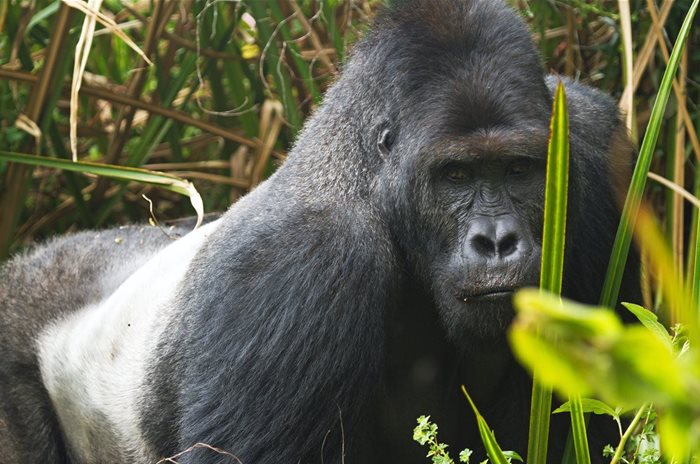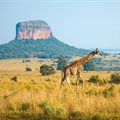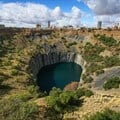2022 WWF report: Freshwater populations have fallen by 83% in less than a lifetime

With its biggest dataset yet, featuring almost 32,000 populations of 5,230 species, the Living Planet Index (LPI), provided within the report by the Zoological Society of London (ZSL), shows it is within tropical regions that monitored vertebrate wildlife populations are plummeting at a particularly staggering rate.
In particular, the LPI data reveals that between 1970 and 2018, monitored wildlife populations in Latin America and the Caribbean region have dropped by 94% on average. In Africa, that figure is 66%.
In less than a lifetime, monitored freshwater populations have fallen by an average of 83%, the largest decline of any species group. Habitat loss and barriers to migration routes are responsible for about half of the threats to monitored migratory fish species.
Call for ‘Paris-style’ agreement
With world leaders due to meet at the 15th Conference of Parties to the Convention of Biological Diversity (CBD COP15) this December, WWF is advocating for leaders to commit to a ‘Paris-style’ agreement capable of reversing biodiversity loss to secure a nature-positive world by 2030.
Says Marco Lambertini, director general of WWF International: “We face the double emergencies of human-induced climate change and biodiversity loss, threatening the wellbeing of current and future generations. WWF is extremely worried by this new data showing a devastating fall in wildlife populations, in particular in tropical regions that are home to some of the most biodiverse landscapes in the world.
"At the COP15 biodiversity conference this December, leaders have an opportunity to reset our broken relationship with the natural world and deliver a healthier, more sustainable future for all with an ambitious nature-positive global biodiversity agreement. In the face of our escalating nature crisis, it’s essential this agreement delivers immediate action on the ground, including through a transformation of the sectors driving nature loss, and financial support to developing countries.”
Plummeting populations captured by LPI
Some of the species populations captured in the LPI include the Amazon pink river dolphin population, which saw populations plummet by 65% between 1994 and 2016 in the Mamirauá Sustainable Development Reserve in the Brazilian state of Amazonas; the eastern lowland gorilla, whose numbers saw an estimated 80% decline in DRC’s Kahuzi-Biega National Park between 1994 and 2019; and populations of the Australian sea lion, which declined by 64% between 1977 and 2019.

Around the world, the report indicates that the main drivers of wildlife population decline are habitat degradation and loss, exploitation, the introduction of invasive species, pollution, climate change and disease. Several of these factors played a part in Africa’s 66% fall in its wildlife populations over the period, as well as Asia Pacific’s overall 55% drop.
Urgent steps needed to protect nature
Says Dr Morné du Plessis, CEO of WWF South Africa: “If there is one key message from this year’s Living Planet Report, it is that the evidence of the damage we are doing to biological systems is incontrovertible.
"Although this is depressing to environmental organisations working to reverse this decline, what should fill us with some hope is that this signal can no longer be ignored. Businesses, governments, civil society and individuals must take urgent steps to protect nature and the biological systems that underpin our very existence as human beings. This is no longer an option but an imperative.”


